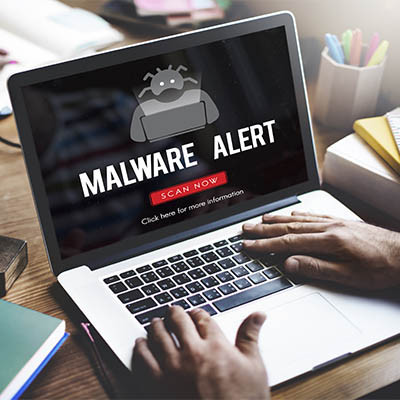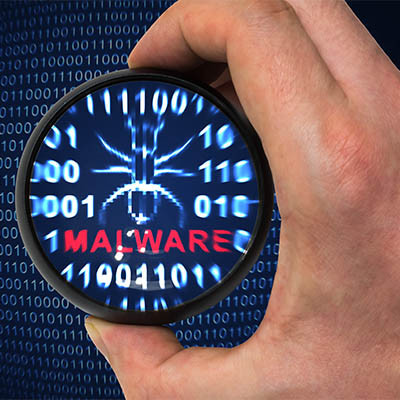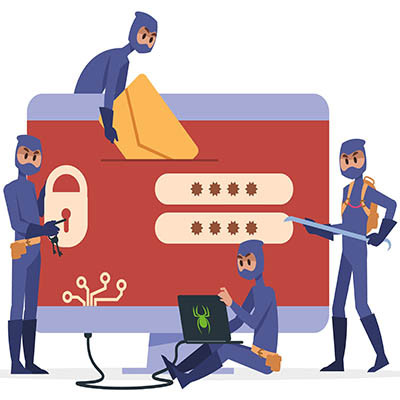It’s the holiday season, and with it comes a multitude of hackers trying to cash in on everyone’s online purchases. These phishing scams always increase when the holiday season comes around, so it’s best to stay vigilant so that you don’t give yourself the gift of sadness this year. One such threat is already here, and it’s voice spoofing of Amazon orders.
Phantom Technology Solutions Blog
There are many different types of hacking attacks, but those targeting your computer can either be incredibly intrusive or so low-profile that you don’t even know you’ve been infected until it’s too late to do anything about it. Let’s discuss some of the telltale signs of a hack and what you should look for to prevent or identify them.
Hackers are a crafty bunch. They will use any and all means to infiltrate businesses, including some that are downright shameful. One of the most devastating ways that hackers make these attempts is through the use of phishing attacks, or attacks where they essentially trick users to click on links in emails or hand over confidential information.
This past May, Ireland’s Health Service Executive—the organization responsible for providing healthcare and social services to the country’s residents—was successfully targeted by a major ransomware attack. Unfortunately, we are still talking about it now because the entire situation has forced us to acknowledge the aftereffects of such an event.
Once again, ransomware strikes, this time targeting the world’s largest meat processor and distributor, JBS S.A. This disruptive cyberattack forced the company to suspend operations in both North America and Australia, a move which had devastating consequences to the supply chain. What can we learn from this situation?
Hackers are always taking advantage of others’ misfortunes, and they have even gone so far as to leverage the COVID-19 pandemic in efforts to launch phishing attacks. How have hackers utilized this worldwide disaster to their benefit, and what can we do to keep our organizations secure in this troubling time? Let’s find out.
Anyone who uses a computer regularly knows that software can be finicky. Developers continuously update their software to account for changes in security threats and to add new features. For the small business, integrating and developing software can be useful, but it can also be one of the most problematic issues you can face; and, oftentimes it can often go under the radar. Let’s look at a few ways that old software bugs can cause problems for your business.









